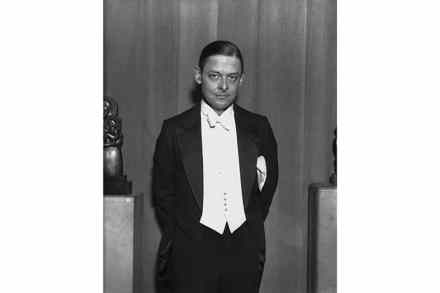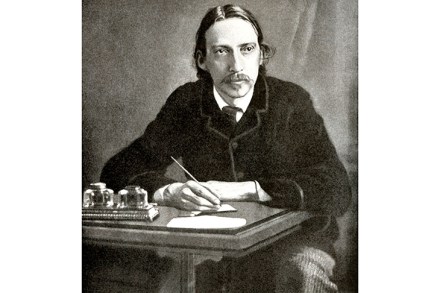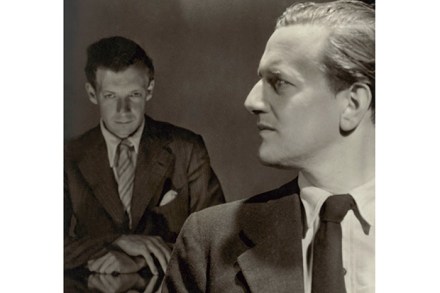You’d never guess from her art how passionate Gwen John was
‘Dearest Gwen,’ writes Celia Paul, born 1959, to Gwen John, died 1939, ‘I know this letter to you is an artifice. I know you are dead and that I’m alive… But I do feel mysteriously connected to you.’ And well she might, because the parallels between the lives of the two painters are legion. To take the most obvious: both were students at the Slade, both had relationships with much older artists and both came to be seen, for a time at least, through the prism of their association with men. Gwen John was the older sister of the once more famous Augustus and model and lover of the French













